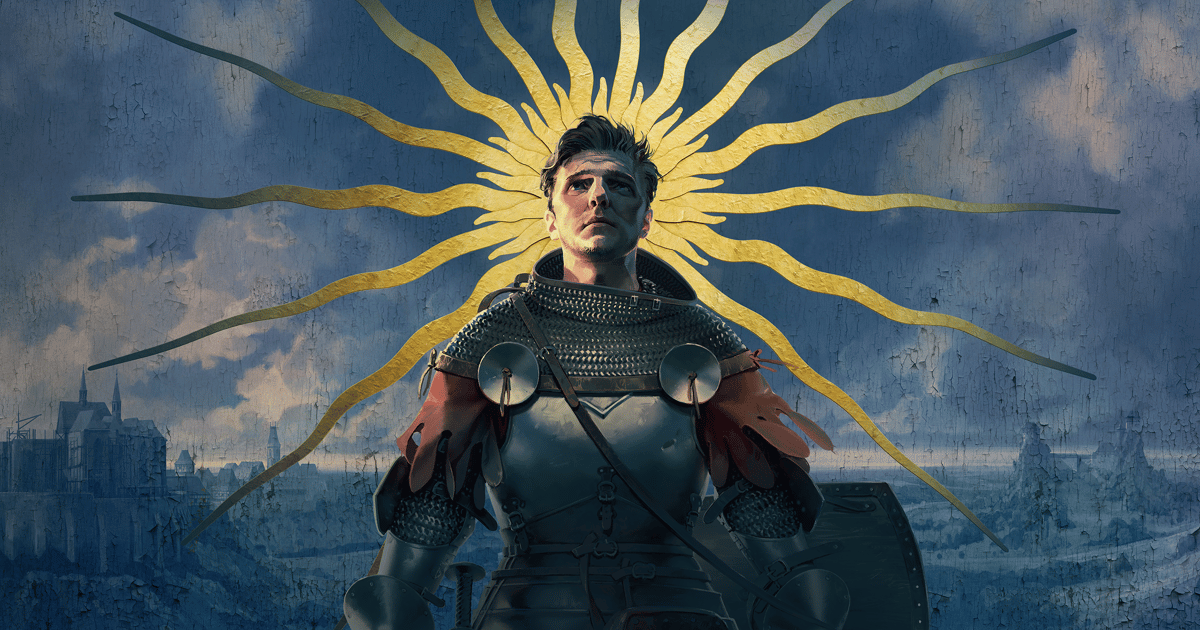Atlus hits the scene once again with an exciting blend of remake and remaster magic, breathing new life into the beloved PS2 classic, Raidou Kuzunoha vs. The Soulless Army. Raidou Remastered delivers visual overhauls, refined gameplay mechanics, and fresh modern touches, offering longtime fans and curious newcomers alike an enticing way to revisit a unique piece of gaming history.
Atlus has always danced to the beat of its own uniquely eccentric drum. From their unabashed approach to apocalyptic themes and their devilishly entertaining demon fusion mechanics, the Shin Megami Tensei creators constantly carve out their path in the gaming world. Recently, Atlus has been no stranger to revitalizing its extensive back catalogue. Persona 3, Persona 4, Persona 5, and even Shin Megami Tensei V have received enhanced editions and definitive updates within the past few years, but Raidou Remastered strikes an intriguing note right between remake and remaster, establishing a fascinating template for future re-releases.
The original Raidou Kuzunoha vs. The Soulless Army first hit shelves back in 2006, setting itself apart immediately as an action RPG heavily influenced by noir detective novels with supernatural intrigue. This entry in the Atlus universe departed from the standard turn-based formula fans were accustomed to, blending detective noir storytelling with dynamic and real-time combat mechanics. Nearly two decades later, Raidou Remastered revisits those unique ambitions, polishing and amplifying them in exciting new ways.
One of the first major draws of Raidou Remastered lies in the striking visual upgrades. Atlus has taken great care in reconstructing the original pre-rendered backgrounds that defined the early game's aesthetic, transforming them into full-fledged 3D environments. These new, vibrant, and sprawling settings capture the eerie yet alluring essence of 1930s Tokyo, accentuating the game's signature sense of place and atmosphere.
But Atlus didn't stop merely boosting graphic fidelity. The developer carefully tuned other elements of the Raidou experience, pushing the game's original action mechanics into a new era. The combat, originally a bit clunky and restrictive, has adopted improved features directly lifted from the sequel, introducing refined controls and snappily responsive battle actions. Players now enjoy more fluid mobility—like the ability to dash on the overworld—vastly enhancing the game's flow and pacing, and making traversal and combat far more comfortable to today's standards.
Voice acting, a significant modern update, brings added charm and weight to the memorable characters and intriguing scenarios. While the storytelling remains largely unchanged from the original, the additional voice performances enhance immersion considerably, breathing fresh life into the narrative's authentically bizarre twists and turns.
Demon fusion, a staple in Atlus' wider library, is similarly elevated. Raidou Remastered borrows the modernized fusion processes found in newer Persona entries, streamlining the mechanics significantly without sacrificing strategic depth. Older fans accustomed to the complexities and intricacies of MegaTen-style demon summoning will quickly dive into the revamped interface, appreciating background quality-of-life updates that elevate the demon collection experience.
Interestingly, nostalgia tends to often deceive: those holding onto fond memories might not recall the game's original frustrations clearly. Revisiting the PS2 incarnation today quickly reveals its rough edges—tricky movement controls, slow-paced battles, and limited visual clarity. Raidou Remastered showcases Atlus' impeccable skill at iteration, addressing these antiquated hurdles smartly; the experience finally feels like the title longtime fans nostalgically recall it to be.
Yet, even with all these refinements, Raidou is unapologetically still a game of its era. While it has become notably more approachable and enjoyable, its combat system remains somewhat simplistic by modern RPG standards. Players looking for deeply complex systems akin to Atlus' newer offerings might find combat encounters running thin after a few hours of playtime. Additionally, though updated significantly, the game's relatively slim runtime—roughly 20 hours—signals its roots in early 2000s gaming. Still, the brevity can genuinely serve as a strength in today's crowded, lengthy RPG landscape.
Perhaps the most thrilling aspect of Raidou Remastered isn't merely the commendable updates and polished gameplay experience but what this experiment signals for Atlus' approach to future re-releases. With an established framework like this hybrid remaster/remake, Atlus could feasibly breathe new life into other buried treasures from its PlayStation 2 days. Titles like Digital Devil Saga or early Shin Megami Tensei games could potentially see similarly respectful, thoughtful treatments.
Raidou Remastered is thus not just a significant standalone achievement; it also heralds promising possibilities for what Atlus could achieve by reaching back into its extensive and beloved catalogue. If there's one thing we've learned over the past decades, it's that Atlus isn't afraid to experiment or fear the unconventional path. This revamped Raidou outing beautifully illustrates just how successful those experiments can be, blending storied nostalgia with fresh innovations—a worthy and unmissable re-release for any fan of Atlus' quirky, demonic tales.

